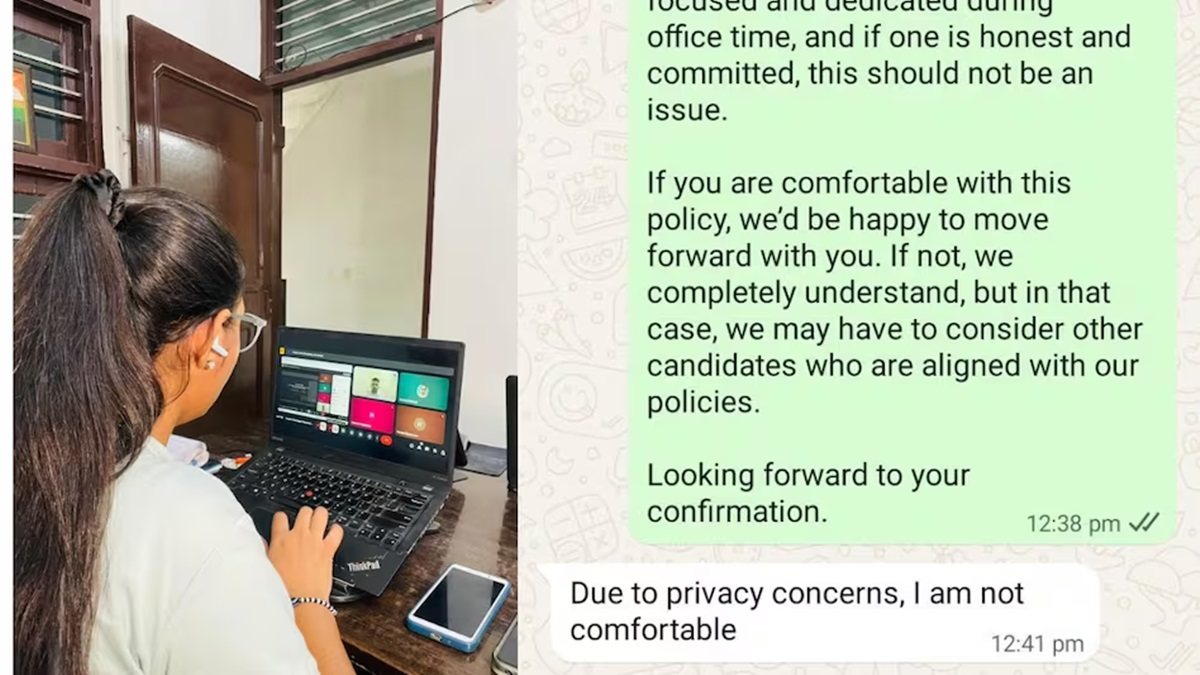With Loneliness Awareness Week (9–15 June) approaching, it presents a timely opportunity to address this growing issue. Below, five experts share practical ways businesses can tackle loneliness at work to build resilient, more connected teams and improve employee wellbeing and performance.
Build a foundation of trust
For Caroline Taylor, co-author of The Neglected Acts of Leadershipand Managing Director of The Oxford Group, addressing workplace loneliness should start with building a strong foundation of trust. “When there is not enough trust to support open conversations, leaders are left to speculate about what others might be going through, often missing the real challenges they face at work,” she says.
Trust has the ideal conditions to develop in an environment where everyone feels comfortable speaking up with concerns, asking questions, sharing ideas, and offering alternative perspectives. Achieving this requires an organisational culture deeply rooted in psychological safety. “In the day-to-day reality of leadership, working on psychological safety is rarely straightforward, but it is key to fostering trust,” she adds. Taylor points out that in a volatile, emotionally complex, and at times bewildering world of work, the case for building trust is both compelling and rewarding. “It doesn’t just tackle loneliness. In our work with leaders, we routinely witness improvements in wellbeing and performance when trust is made a priority.”
Connect with the team
For Archana Mohan, author of The Through Line, the antidote to workplace loneliness is connection. “Our ability to empathise and understand one another is declining,” Mohan says. “People are longing for genuine connections and a sense of belonging, yet find themselves adrift in an ocean of superficial interactions.” To counteract this, Mohan urges leaders to reach out to their teams. “Connection is a fundamental human need. It empowers us, motivates us, and allows us to flourish. If, as a leader, you care about those in your charge, you must connect with them. That is how you make your team members feel valued and visible in the workplace.”
Leaders who intentionally reach out to their employees do more than combat loneliness; they directly influence performance and business success. “To lead effectively, you need to lead with care. Because care creates connection. Connection fuels commitment. And commitment drives results. It’s in those moments of real connection that collective brilliance is unlocked,” she concludes.
Challenge toxic cultures
Sometimes the root cause of worrying levels of loneliness stems from broader cultural issues. When there is no commitment to inclusion and toxic workplace cultures are left unchallenged, people can quickly become isolated and withdrawn. Faye Allen, author of Building Women, encourages leaders to confront workplace toxicity.
“If discriminatory language, bullying, harassment, and stereotyping are left unchecked, people will not see the workplace as a welcoming and safe space,” Allen highlights. In traditionally predominantly male industries, like construction, many women often find themselves the only woman in the room, which can further intensify any loneliness experienced.
But it’s not just women, with many men facing isolation in the workplace too, especially where a culture of ‘put up and shut up’ is frequently seen. Reflected in the high prevalence of suicide in the UK construction industry, it is essential that toxic cultures are dismantled and all employees feel valued and part of the team. “Whether they work on site or remotely, full time or part time, building an inclusive culture helps to ensure people do not experience prolonged loneliness or lack of connection. When we prioritise inclusion, everyone benefits,” Allen concludes.
Provide access to support services
Leaders often feel under pressure to know all the answers, but it’s okay to be unsure of what to say to someone, notes Lesley Cooper, founder and CEO of consultancy WorkingWell. “The most important thing you can do for your team is to be present, listen, and signpost accessible support,” she says.
Providing a safe, non-judgemental space for employees to discuss loneliness, things that are troubling them, and ways to manage any negative feelings is crucial. “This could be with a trusted line manager or colleague, but objective support from professional therapists and counsellors should also be accessible to prevent loneliness from manifesting into more serious issues,” she emphasises. Importantly, leaders who notice increased use of support services should take proactive steps to understand the root causes behind these feelings. “Doing so can help create a healthier work environment and reduce the likelihood of others needing similar support in the future,” Cooper sums up.
Invest in coaching skills
According to Zana Goic Petricevic, founder of Bold Leadership Culture and author of Leading on the Edge, the leaders that are best equipped to help manage feelings of loneliness in their teams are those that are able to tap into what she calls their ‘coaching consciousness’.
“In a world dominated by technological advancement, where work never really stops, managers learning the coaching language may be our last line of defence against disconnecting and losing touch with our humanity. That’s because the language of coaching fundamentally shapes how we show up, for both ourselves and others,” she says.
For Petricevic, coaching is a way of truly seeing and hearing one another. “To develop your ‘coaching consciousness’, listen with genuine curiosity, prioritise deep connections, and challenge the ‘normal’ that prevents these connections. Leaders may well need to role model their own vulnerability to create space for others to follow suit,” she explains. “With a coaching consciousness at the heart of leadership skills, leaders can help people reconnect with their identity, work, and purpose,” she says.
Source – https://www.entrepreneur.com/en-gb/entrepreneurs/tackling-business-loneliness/492710




















